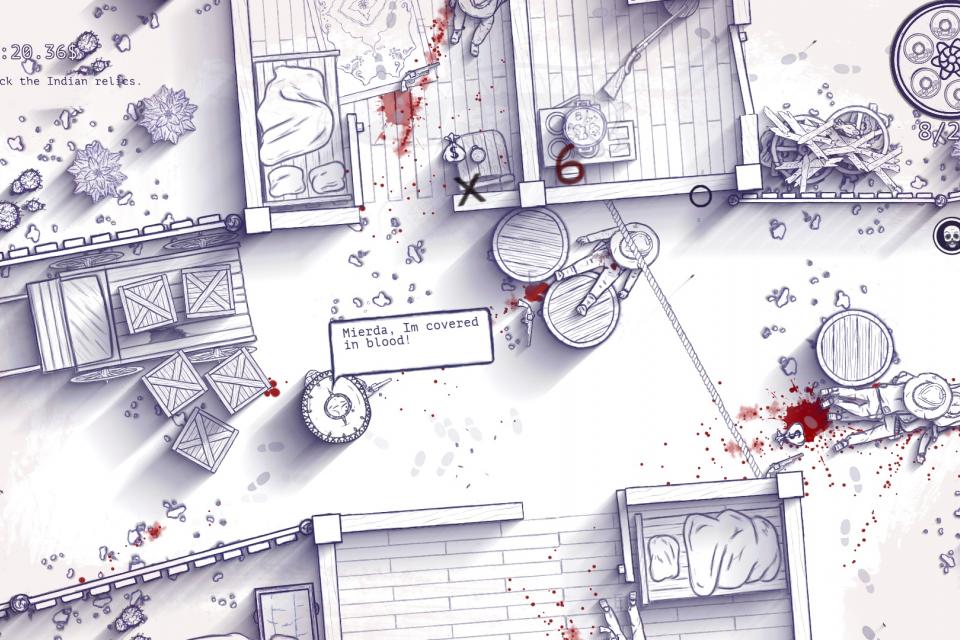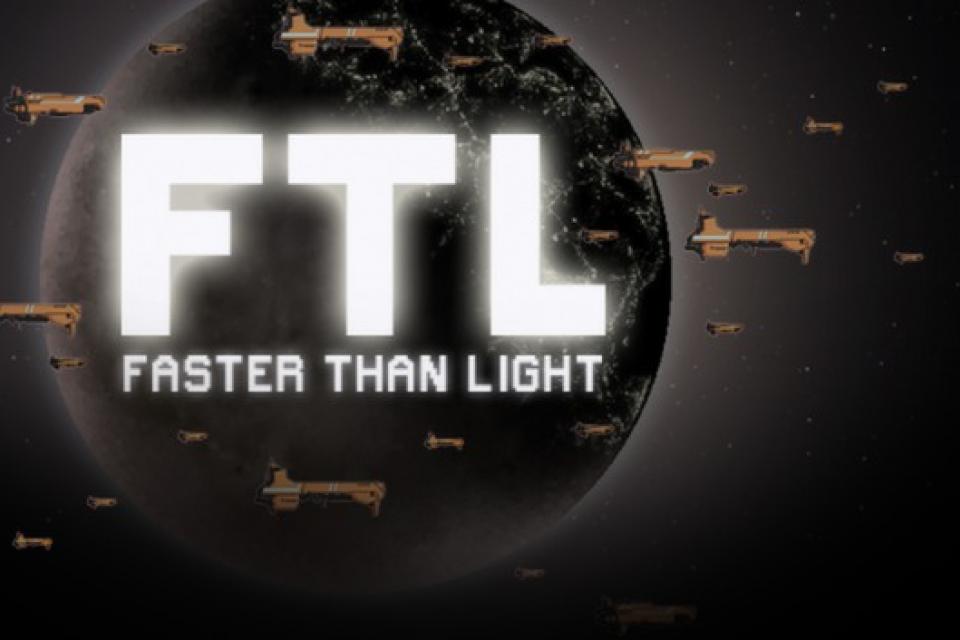
A very odd study, performed by polling group WaveMetrix, indicates that Nintendo's DS console is quickly becoming a favorite among gamers, based mainly on the wider acceptance of the quality of its games and its lower price.
The study, first reported by Gamasutra, is described as odd as the method used to collect the relevant data relied on Internet discussions among gamers, a not very reliable way of collecting such information. The results produced however, seem to describe what a lot of gamers out there seem to believe. While Sony's PSP seems a hot topic of discussion, Nintendo's underpowered underdog seems to be running away with gamers hearts.
The study suggests that as much as 64 per cent of the Internet noise surrounding the next-generation of handheld gaming systems is about Sony's PSP. In comparison only 36 per cent of the overall Internet chatter can be claimed by Nintendo's dual-screen, touchy-feely toy. While Sony's PR teams and engineers are worthy of a pat on the back for creating a machine with considerable potential and for the creation of the appropriate buzz to surround it with, what most gamers find discouraging about the PSP is the price.
Most gamers questioned indicate that they believe that the DS offers better value for money than the PSP, mainly due to lower price for the hardware and games.
Gamers also seemed to disapprove of the manufacturing standards for both handhelds as they most often complain about screen quality and dead pixels. PSP was the recipient of the most complaints, the majority of which cited low-battery life, dead pixels and an easily scratched screen as the main issues. Nintendo's DS received the most reprimands for its easily scratched screen.
The report's main finding has to do with the reason gamers find the DS as a more attractive proposition than the PSP; it is claimed that the majority of Internet discussions surveyed suggest a better quality of games accompanying the DS with most of them being received well by gamers.
Whatever these findings may suggest and however likely, or not, they may seem to you, it is important to note that WaveMetrix has not released any specific figures, nor mentioned the nature of the communities surveyed or their nationalities and has not indicated the full size of the sample from which these conclusions have been drawn. Until we have a more scientific set of data however, this is all we can produce and it should be enough to get gamers involved in a healthy discussion regarding the pros and cons of both handheld competitors.








